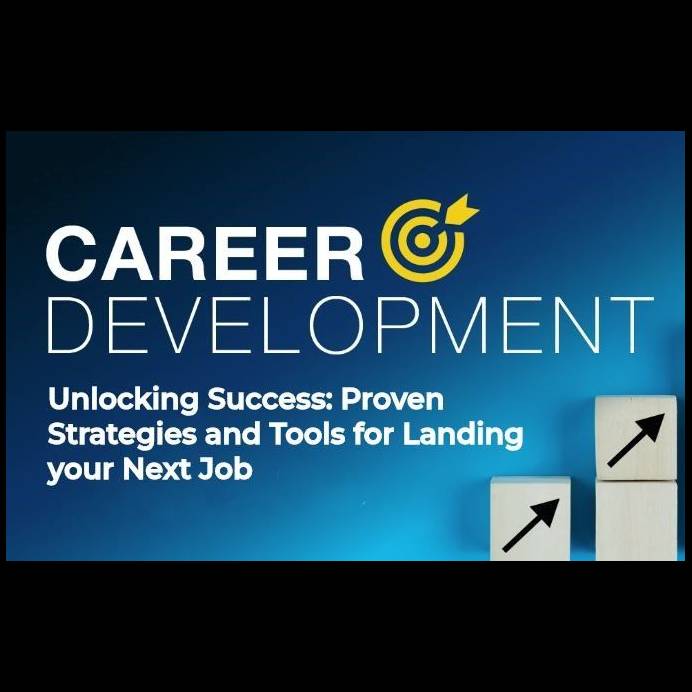Catalog

This webinar will describe the work of two research teams that are advancing nanoparticle engineering technologies to manufacture anti-malarial products. Both teams have received grants from the Bill & Melinda Gates Foundation.
Dr. Shtein will discuss a solvent-free, organic vapor jet technology for processing active pharmaceutical ingredients (APIs), capable of generating nano- and micro-structured API output with enhanced properties. Among its benefits, the technology enables fine-tuning of output morphology and, in turn, activity of the drug. Applying this technology to processing an antimalarial drug atovaquone substantially boosts the drug’s dissolution without changing the composition. Scalability and applicability to other drugs, delivery modalities, and manufacturing scenarios will be discussed as well.
Dr. Ristroph will present an alternate formulation and processing technology, Flash NanoPrecipitation, that generates polymeric nanoparticles of the anti-malarial drug lumefantrine to improve dissolution and oral bioavailability. Data will be shared both on the formulation and also success in scaling-up the process with a goal to supply of a low-cost drug product to global markets.
Learning Outcomes:
1. Understand cutting-edge nanoparticle engineering platforms that are both novel and scalable
2. See the appropriate characterization techniques required to characterize novel nanoparticle formulations and manufacturing processes
3. Recognize the role of non-profit funding in helping advance novel drug delivery platforms
4. Understand the opportunities and also challenges for innovators in securing non-profit funding for applied research
About this item
Global health drug products must be manufactured to meet the economic and distribution requirements of a target market. While most technology innovations will begin in high and middle income countries, there is public and private funding dedicated for the purpose of research and development of lower-cost manufacturing platforms for low and middle income countries.
This webinar will describe the work of two research teams that are advancing nanoparticle engineering technologies to manufacture anti-malarial products. Both teams have received grants from the Bill & Melinda Gates Foundation.
Dr. Shtein will discuss a solvent-free, organic vapor jet technology for processing active pharmaceutical ingredients (APIs), capable of generating nano- and micro-structured API output with enhanced properties. Among its benefits, the technology enables fine-tuning of output morphology and, in turn, activity of the drug. Applying this technology to processing an antimalarial drug atovaquone substantially boosts the drug’s dissolution without changing the composition. Scalability and applicability to other drugs, delivery modalities, and manufacturing scenarios will be discussed as well.
Dr. Ristroph will present an alternate formulation and processing technology, Flash NanoPrecipitation, that generates polymeric nanoparticles of the anti-malarial drug lumefantrine to improve dissolution and oral bioavailability. Data will be shared both on the formulation and also success in scaling-up the process with a goal to supply of a low-cost drug product to global markets.
Learning Outcomes:
1. Understand cutting-edge nanoparticle engineering platforms that are both novel and scalable
2. See the appropriate characterization techniques required to characterize novel nanoparticle formulations and manufacturing processes
3. Recognize the role of non-profit funding in helping advance novel drug delivery platforms
4. Understand the opportunities and also challenges for innovators in securing non-profit funding for applied research
Speaker Information
Speakers:

Kurt Ristroph, Ph.D.
Dr. Ristroph is an assistant professor of agricultural and biological engineering at Purdue University. He earned bachelor's degrees in chemical engineering and classics at Louisiana State University; completed a Ph.D. in chemical engineering and materials science at Princeton; and worked in civil and environmental engineering at Carnegie Mellon University as a Schmidt Science Fellow. He has also spent time researching at Moderna and the Monash Institute of Pharmaceutical Sciences.

Max Shtein, Ph.D.
Professor Max Shtein, PhD is the co-founder and Chief Scientific Officer of Sublime LLC and also serves as Professor of Materials Science & Engineering at the University of Michigan. Max is the inventor of multiple technologies—including Sublime’s drug processing technology—licensed for use across several industries. He holds a Ph.D. in Chemical Engineering from Princeton University and a B.S. in Chemical Engineering from U.C. Berkeley.



